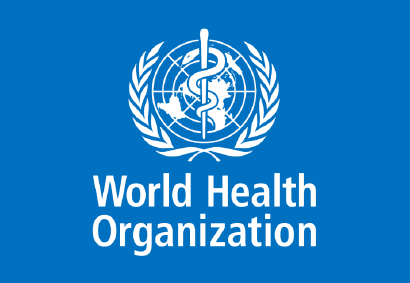
WHO releases updated guidelines for the treatment of drug-resistant TB.
15 June 2020 | GENEVA – The World Health Organization (WHO) is urging countries to facilitate access to fully-oral treatment regimens for patients with multidrug-resistant tuberculosis (MDR-TB)* in updated guidance released today. This will lead to major improvements in treatment outcomes and quality of life for those affected. The guidelines are accompanied by an operational handbook to facilitate rapid implementation and roll out by national TB programmes, Ministries of Health, technical partners and others involved in the treatment of patients with drug-resistant TB.
“The updated guidance brings hope to the half million people struggling with MDR-TB and extensively drug-resistant TB, especially in this time of the COVID-19 pandemic,” said Dr Tereza Kasaeva, Director of WHO’s Global TB Programme. “Patients with MDR-TB can now benefit from new shorter fully-oral treatments in the safety of their homes.”
The consolidated guidelines on drug resistant TB treatment and the associated operational handbook recommend key updates to treatment approaches. These include:
The above updates were signaled in December 2019 through a Rapid Communication from WHO in advance of the updated guidelines, to inform national TB programmes and other stakeholders about the key implications for treatment of MDR/RR-TB and XDR-TB to allow for rapid transition and planning at the country level.
Drug-resistant TB remains a public health crisis. About half a million people fall ill with drug-resistant TB annually, and about 214000 people die each year according to WHO estimates. MDR-TB is a major driver of antimicrobial resistance worldwide and threatens hard-earned gains made in the global TB response over the past two decades. Accelerating diagnosis and treatment of MDR-TB are key components of WHO’s End TB Strategy and a key target in the political declaration of the UN High-Level Meeting on TB. Yet, significant challenges remain in enabling access to diagnosis and care with only one in three affected people currently being detected globally, and just over half being treated successfully. Appropriate treatment of drug-susceptible and drug-resistant TB should be available and accessible to all who need it in line with WHO’s quest to achieve universal health coverage, and to avert deaths from a preventable, treatable and curable disease.
*MDR-TB: Resistance of Mycobacterium tuberculosis against at least isoniazid and rifampicin, the cornerstone medicines for treatment of TB. Rifampicin-resistant disease on its own requires similar clinical management as MDR-TB.
Source: WHO